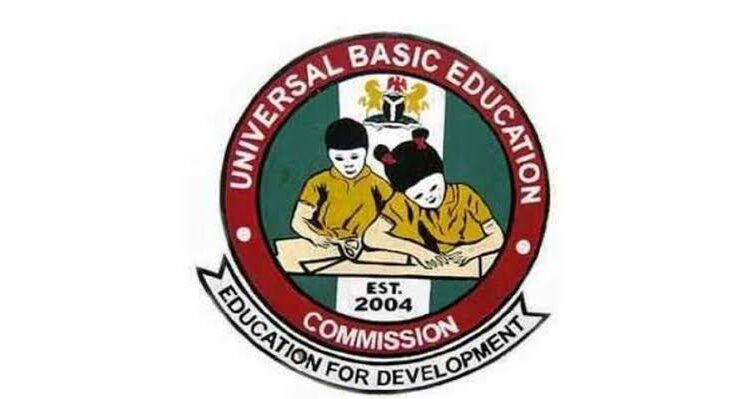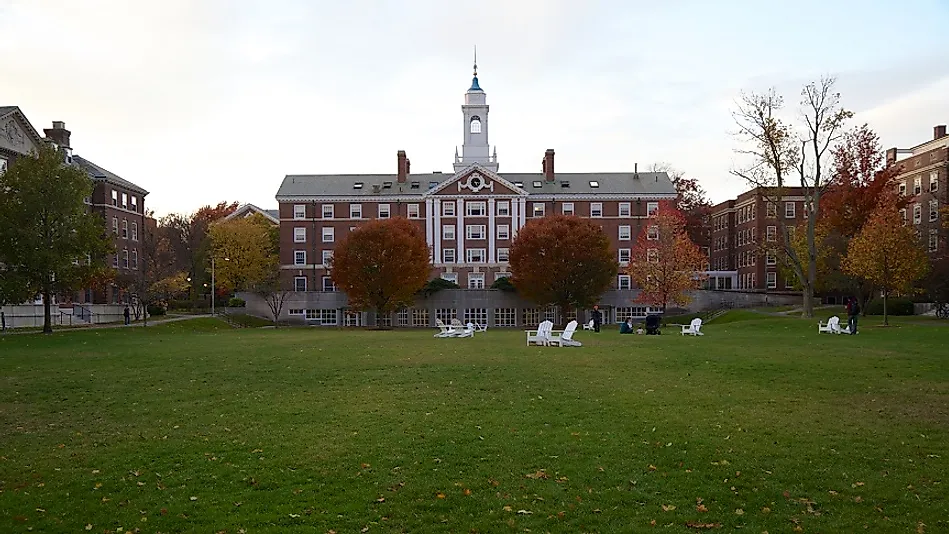UBEC is not a substitute for state responsibility — Executive Secretary


The Executive Secretary of the Universal Basic Education Commission (UBEC), Aisha Garba, has clarified that the Commission does not serve as a substitute for the responsibilities of state governments.
She highlighted this point as important because certain states continue to allocate less than three percent of their budgets to education, relying entirely on intervention funds from UBEC.
Aisha made these remarks during the ongoing two-day Legislative Retreat on the UBE Act Amendment Bill 2025, held on Friday in Lagos.
The former Senior Education Specialist also observed that literacy gaps between regions reveal a troubling reality, noting that while the Southwest and Southeast regions enjoy nearly 80–90% access, some other areas are still below 40%.
She therefore urged a shift in mindset, calling on state governments to regard the Commission as a collaborator and a driver of positive impact.
In discussing reforms introduced by the agency, Garba cited a new flexible funding model, the elimination of outdated infrastructure-based frameworks, and the empowerment of states to perform Rapid Needs Assessments.
She explained that with this new model, interventions can better match genuine needs—such as teachers, materials, and training—rather than focusing solely on physical structures.
The head of UBEC assured that the agency is working to improve quality through updated building standards, independent oversight of projects, and more rigorous contractor vetting processes.
“Access is not the same as utilisation, and without impact on the ground, funding means nothing.
“Today, at the 2-Day Legislative Retreat on the UBE Act Amendment Bill 2025, I emphasised the urgent need to rethink how we approach basic education in Nigeria, not just in policy, but in practice.
“Some states still allocate less than 3% of their budgets to education, relying solely on UBEC’s intervention funds.
“That must change. UBEC is not a replacement for state responsibility; we are a partner, a catalyst for impact.
“Literacy gaps between regions tell a difficult story. While the Southwest and Southeast have nearly 80–90% access, some areas remain below 40%.
This is not just a disparity; it is a call to action.
“We have introduced a new flexible funding template, scrapped outdated infrastructure-heavy models, and empowered states to conduct rapid needs assessments.
“Now, interventions can reflect real needs: teachers, materials, and training, not just buildings.
“We are also raising the bar for quality. Updated construction standards, independent project monitoring, and stricter contractor requirements are in motion,” she said.
Also speaking, the Chairman of the House Committee on Basic Education and Services, Hon. Mark Useni, explained that the proposed amendments to the Universal Basic Education (UBE) Act aim to address persistent challenges in implementation.
Mark revealed that the revised law would give UBEC the authority to disburse funds directly based on needs identified at the state level, even if those states fail to provide the matching funds usually required.
“We cannot continue to have idle funds while children are out of school and schools decay from neglect,” Useni stated.
Former Abia State Governor and member of the Senate Committee on Basic Education, Senator Orji Uzor Kalu, advocated for legal safeguards to protect UBEC from political interference in states where cooperation is lacking.
He also suggested the integration of Western and Islamic educational systems in Northern Nigeria as a means of broadening inclusive access.







